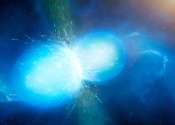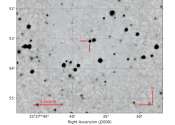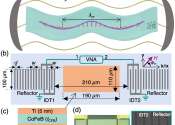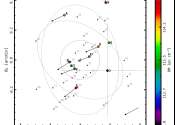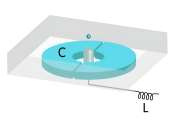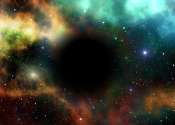Gravitational waves may have made human life possible
Could it be that human existence depends on gravitational waves? Some key elements in our biological makeup may come from astrophysical events that occur because gravitational waves exist, a research team headed by John R. ...
